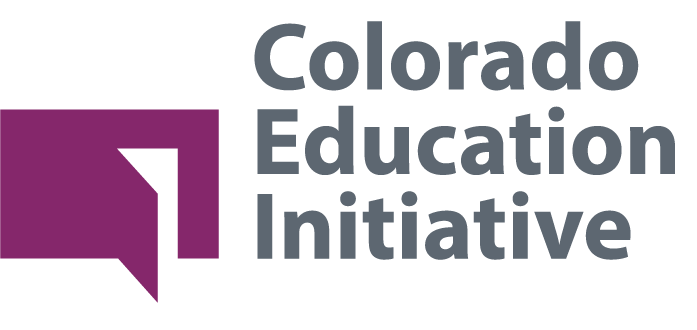The Progression of Recovery
November 16, 2020
By Rebecca Holmes, CEI President and CEO
The holiday season means it’s time to start looking back at the year that’s almost behind us. In education innovation circles, pundits hoped the disruption of 2020 would drive demand for changes to education practice, ranging from seat time to the use of augmented reality. Education thought leaders who lacked an anchor to the actual work of the disruption often did not understand how heavy the day-to-day operational lift became last spring. It was easy to pontificate if you weren’t supporting teachers through secondary trauma, pivoting food delivery systems, or trying desperately to hire a bus driver or a substitute teacher. Meanwhile, in the education ecosystem, COVID-19 has distracted us from the role that policy plays in either promoting or inhibiting best practice, much less innovation.
In the midst of a summer of contingency planning, based on support we offered to many of our district partners, we created the Strategic Reopening Collaborative to put together the best ideas and concepts that these leaders were building to adapt to the new moment. As summer turned to fall, we knew that mid-November would represent an inflection point. We partnered with the Colorado Children’s Campaign to host an event for a Colorado and national audience to learn from some of our state’s best leaders. The State of Reopening Education in Colorado took place last week. For those of you who joined, we hope it served as a chance to check in with some of the state’s best leaders about the real barriers and opportunities of this moment, and to start to look forward to the time when we will most need innovative ideas – the school year of 2021-2022.
We heard from an incredible group of superintendents who represent rural, suburban, and urban systems around our state, as they shared hard lessons learned and successes from this disruptive year:
- Superintendent Karen Quanback (Clear Creek School District) shared how she had to learn the hard way that she needed to over-communicate, without a communications team, and find new ways to stay in touch with families.
- Superintendent Michael Thomas (Colorado Springs District 11) talked about leveraging the district’s Equity Policy to put a priority on those furthest from opportunity, even during the pandemic.
- Superintendent Diana Sirko (Mesa County Valley School District 51) spoke passionately about how they were able to stay open for the entire first quarter, despite the challenges facing their diverse and large district.
- Superintendent Chris Gdowski (Adams 12 Five Star Schools) discussed how they did some incredible innovation around pods for students, and he also shared the “elephant in the room” – that local control can challenge education systems through putting even more on our local districts during an emergency.
Many panel members and participants discussed bold ideas on the horizon, including University Prep’s David Singer, who shared how we need to rethink social promotion given how disrupted learning has been this year.
There are human preconditions to innovative, creative thinking. This is why CEI offers work on buffering stress, why we build so much of our work around peer networks, and why we are always conscious of the relationships between policy and practice. It’s not the time to throw up our hands about what’s still possible this school year. But as we begin to acknowledge the long tail of COVID’s impact on education, we must begin to look at how to use time, talent, and technology differently to support learning recovery. If you go back and listen to the panels from last Friday, please listen with that in mind.
As you take some time to unplug and reflect in December, please think about what might be possible next summer, and the school year beyond, for young people who’ve experienced significant disruption. It’s okay (and not uncommon) if you weren’t at your most creative in 2020. We hope you will come with us as we move out of emergency response and into reflective thinking, deeper peer relationships, and making new ideas possible.
